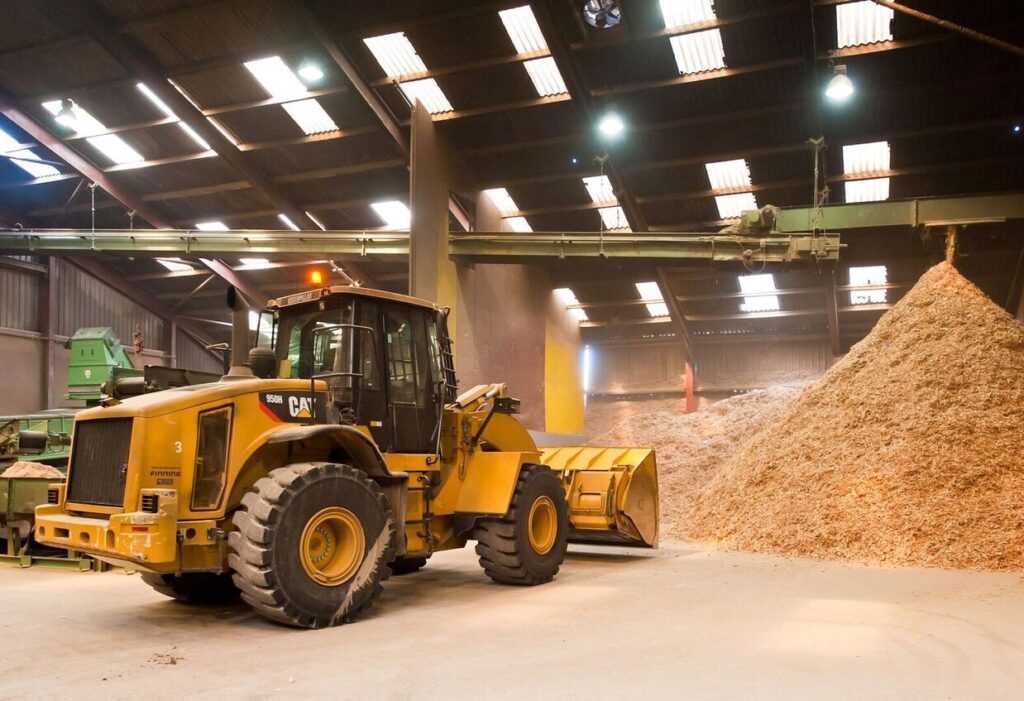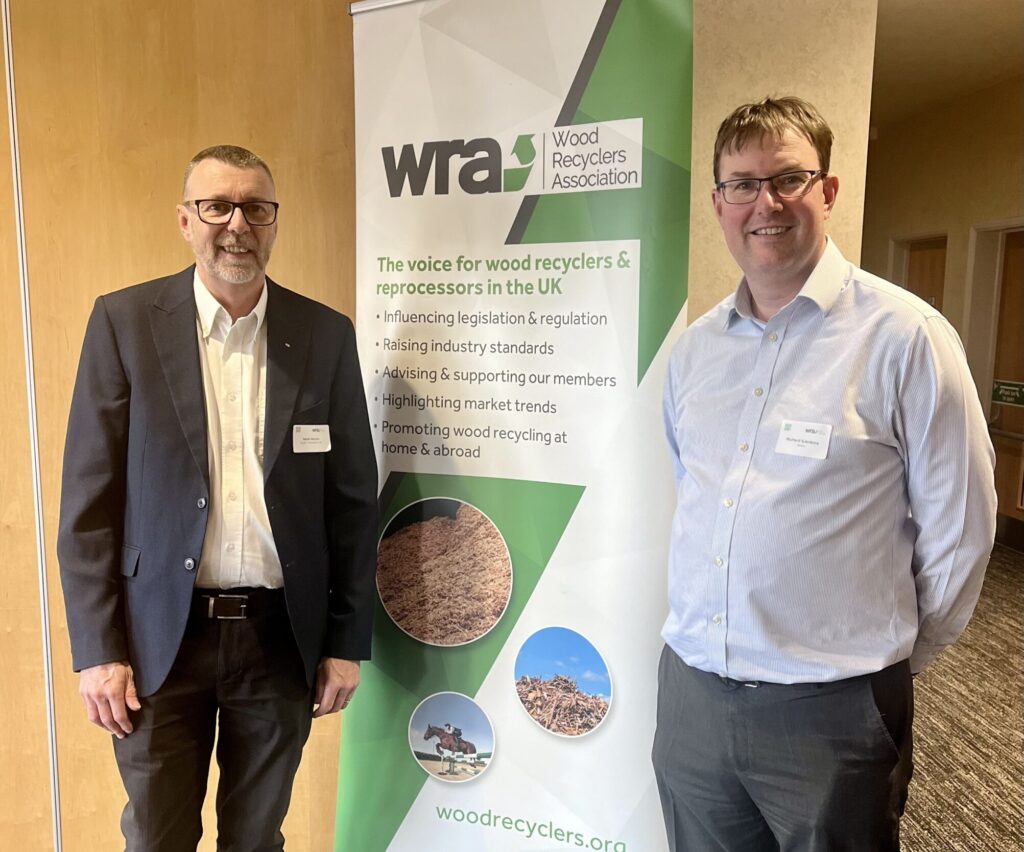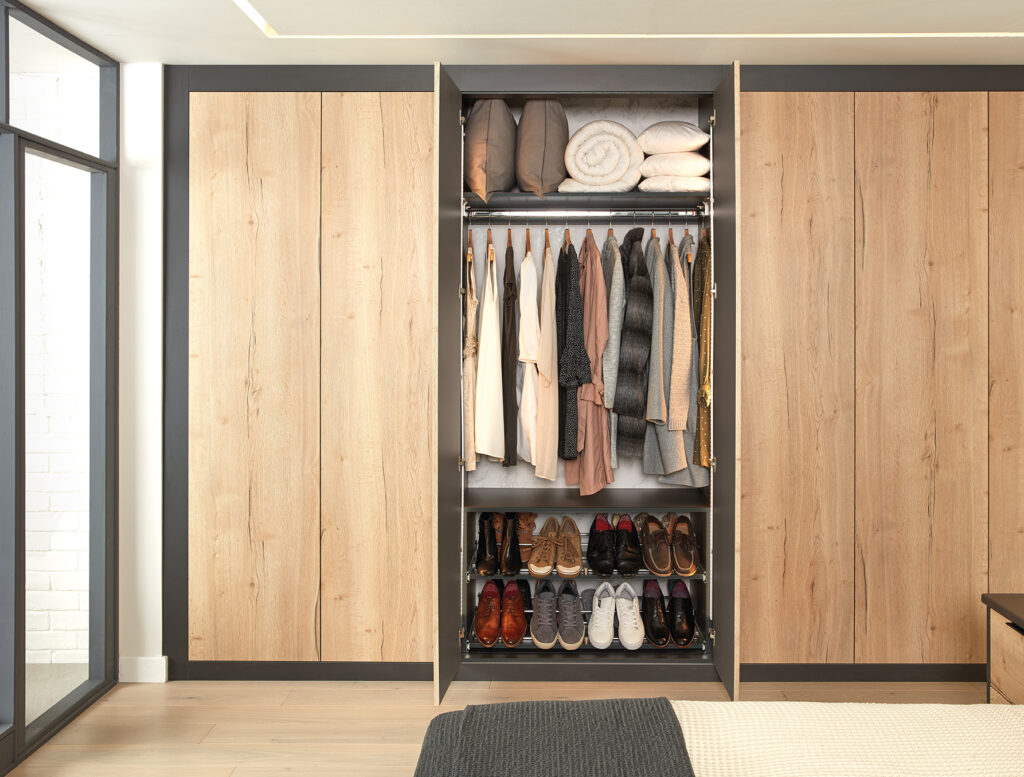The grant for small and medium sized businesses across the UK could provide up to 30% of the capital cost involved in setting up a new recycling capacity, including land, buildings and machinery.
WRAP has not disclosed the amount of money available for the programme because it said it wants the market to respond with what it requires to achieve objectives. However in its last round of capital grants for wood, WRAP allocated 500,000 between two projects.
Tom Fourcade, head of WRAP's wood programme told letsrecycle.com: “We are seeking enough projects to achieve our business plan target to 2006 – an additional 150,000 tonnes recycling capacity with the majority being value added production.”
He said WRAP had set aside a “substantial budget allocation” to allow the financing of projects.
Mr Fourcade added: “We believe the future of wood recycling will be more assured if greater revenue can be generated throughout the supply chain. And we would encourage potential applicants to take advantage of this funding opportunity to diversify into higher value recycled wood markets.”
Higher value
Clarifying the 'higher value recycled wood markets' requirement for the grants, Mr Fourcade explained that WRAP wanted to encourage recyclers to manufacture a product or supply an end use that would deliver greater proceeds than the sale of the equivalent feedstock for incorporation into panel board products.
He used examples of Hadfields horse bedding or West Bromwich Pallets coloured garden mulch.
The key requirement for a company wanting a grant, is to show that new sources of wood waste feedstock are being accessed and recycled, and therefore increasing diversion from landfill, WRAP said.
Because many wood recyclers are based in the North of the country, Mr Fourcade indicated that it was likely that those in the South East will stand a good chance of winning a grant.
“We will take account of where the material will come from – so we will seek evidence it is material that would otherwise be landfilled and this is therefore more likely in areas with less recycling capacity such as the South East,” explained Mr Fourcade.






Subscribe for free